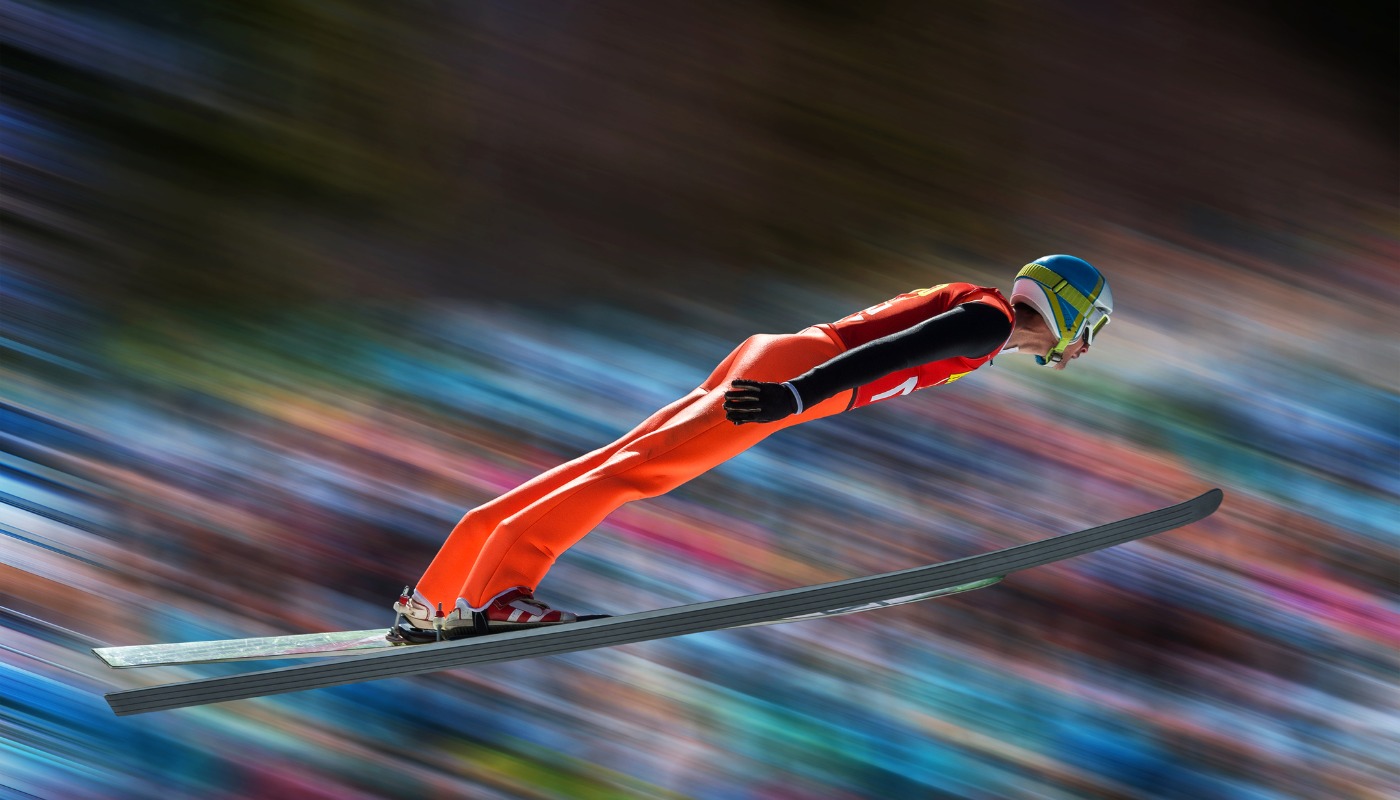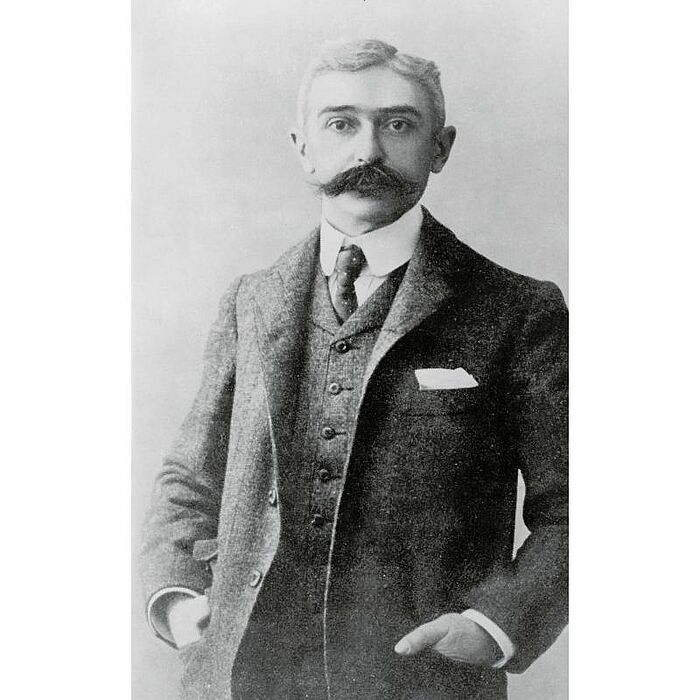
Everyday IP: How the Winter Olympics protects its branding
So much preparation goes into each iteration of the Olympics that host nations often begin this work more than five years before the actual event. Protecting the Intellectual Property (IP) associated with the games is a critically important yet often unsung part of this planning.
Before this month's Beijing Games even started, the China National Intellectual Property Administration (CNIPA) had established a significant number of registered trademarks for the competition — and was already cracking down harshly on any violations. But to fully understand the ironclad protections of Olympics-related trademarks, it is necessary to look at the broader historical and international context as well as the measures being undertaken in Beijing right now.
A century journey to protect IP
Based on the competitions first held in Ancient Greece more than 2,700 years ago, the modern Olympics found their genesis in 1894 with the formation of the International Olympic Committee (IOC). After a great deal of careful planning, the competition was revived in Athens, Greece, two years later. But it would be many decades before the IOC had any protection whatsoever for the symbols and terms associated with the Olympics and about a century before it could register them as its own unique trademarks.
According to the World Intellectual Property Organization (WIPO), Canada was the first country to pass legislation offering IP protection to IOC symbols just ahead of the 1976 Montreal Olympics. Not long after, in 1981, the WIPO administered the Nairobi Treaty, signatories to which all pledged they would not register Olympics symbols or terms as trademarks without the IOC's express permission. Slowly, the Olympics were accruing IP protections, but the IOC itself, as a nonprofit organization, could not even register its trademarks in its home nation of Switzerland until 1993.

For many years, the IOC was more interested in hosting the Olympic Games than preventing the illicit commercialization of its identity. In the early days of the competition, this problem appeared in the form of unauthorized souvenir items being sold outside venues.
Starting with Australia and the 2000 Sydney Games, passing IP laws similar to Canada's 1976 regulation became standard practice for host nations. Additionally, now that the IOC has thorough control over its registered trademarks, it does not hesitate to uphold its rights and is quick to identify anyone using the organization's IP in a commercial context without authorization.
Beijing's new IP
The logo of five interlocking rings, recognized around the world and registered by the IOC, is included in most pieces of visual IP related to the Olympics. Meanwhile, host nations often design a unique logo and other art for the games held within their borders, and these are typically first registered as trademarks in the country of origin.
For example, as early as 2017, the Beijing Winter Olympics Organizing Committee selected a design from Lin Cunzhen, a renowned graphic artist and professor at Beijing's Central Academy of Fine Arts, as the emblem for the 2022 Winter Games from among 4,506 submissions. The austere but eye-catching logo is similar to the Mandarin Chinese character for "winter." According to China Daily, the Beijing Organizing Committee submitted Cunzhen's work to the CNIPA the following year — along with 13 variants for the Olympics and Paralympics — and the agency's trademark office registered them in 2019. By late 2021, a campaign was underway to cover 61 relevant symbols.

The idea for the five interlocking rings of the Olympic logo came from Pierre de Coubertin, founder of the International Olympic Committee. Since its inception, the symbol has become the most recognizable piece of visual IP related to the Olympics. (Image source: Photograph from Bain News Service, Public domain, via Wikimedia Commons)
The CNIPA has also registered the two mascots of the 2022 Beijing Olympics as trademarks: Bing Dwen Dwen, a giant panda bear in an ice suit, represents the Winter Games, while Shuey Ron Ron, an anthropomorphic traditional Chinese lantern, represents the Winter Paralympics. Trademark rights for both mascots, drawn in the bright and charming style typical in Chinese art marketed to children, are held by the Beijing Organizing Committee, as is the unique design of the Beijing Olympics' torch. It is unclear whether the mascot or torch designs have been licensed for exclusive use by the IOC, but given that the Beijing Organizing Committee licensed virtually all other logos for the 2022 Winter Olympics to the competition's governing body, it would be surprising if Bing Dwen Dwen and Shuey Ron Ron were excluded.
Chinese IP regulators crack down on infringement
CNIPA director Shen Changyu announced on September 30, 2021, that the agency would aggressively pursue any misuse of Olympics-related IP. In saying so, Shen did not mean such efforts would be restricted to marks and slogans directly related to the 2022 Games. In fact, the previous month, the CNIPA had rejected 109 applications for marks that incorporated the names of famous Chinese Olympic gold medalists of the past, including Yang Qian, Quan Hongchan and Chen Meng.
The national IP agency noted that it was working to increase public awareness regarding the importance of protecting 2022 Olympics IP under the Chinese Trademark Law, Advertisement Law and Regulations on the Protection of Olympic Symbols. In a recent announcement, CNIPA head of Intellectual Property Protection Zhang Zhichang stated that retailers or e-commerce companies selling Olympics-related merchandise would undergo rigorous inspection. Infringers, Zhang said, "will be harshly punished."
Knowing the regulations
Becoming a sponsor of the IOC or one of the National Olympic Committees (NOCs), and thus gaining the ability to use their trademarks, can be quite lucrative for all parties. Take the United States Olympic and Paralympic Committee, for one. Like most NOCs, it is not government-funded and thus must earn revenue through IP licensure. Businesses that make sense as sponsors for either the IOC or a national team would do well to make an arrangement.
However, any company that is not a sponsor must be extremely careful. Using the word "Olympic" as part of a business, product or service name is only permissible if none of the Games' logos are used or if the term is employed as an appropriate geographic reference, such as in Washington state.
The tactic of "ambush marketing" — using impromptu social media, TV or on-site advertising alongside major sporting events to gain exposure without official sponsorship — is also explicitly prohibited by Chinese law. Both the Regulation on the Protection of Olympic Symbols and the Anti-Unfair Competition Law address it. The IOC, of course, forbids ambush marketing in the Olympic Charter — not surprising, given that the Olympics have been the site of numerous ambush marketing campaigns. Without backing from host nations' IP and / or competition laws, it can be difficult for the IOC to enforce its Charter, but the organization has this advantage for the 2022 Olympics.
Referring to the Olympics solely as a topic of commentary and not claiming any commercial association with the competition, as we have done here, is not improper — but if we had included any of the logos to promote our organization, it would have instantly become an infringement. This topic gives us yet another example of how vital specificity is to IP law, and we at Dennemeyer treat accuracy with all the seriousness it deserves!
Filed in

Grab your warmest jacket and explore the Intellectual Property (IP) behind some of winter travel's shining inventions.



